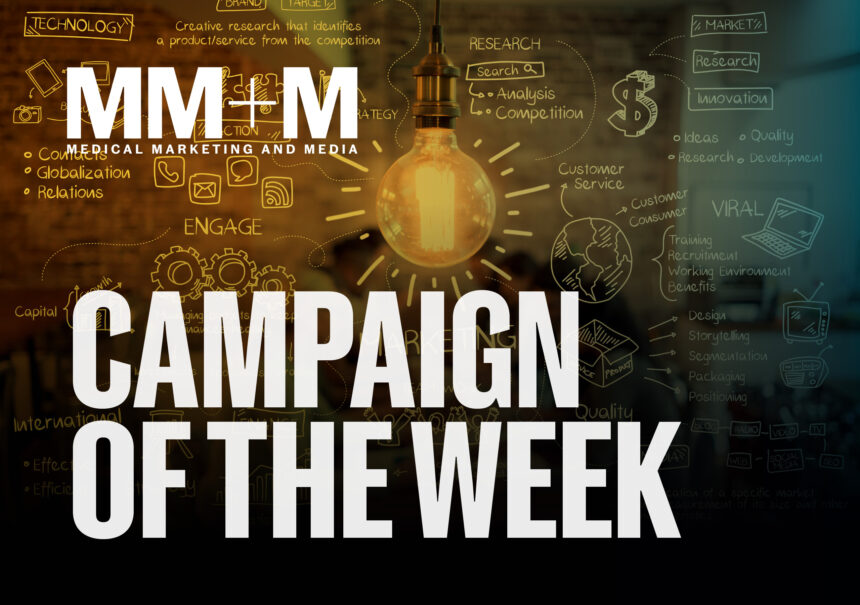Scott Heimlich, president of the Amgen Foundation and executive director, philanthropy for Amgen, notes that his corporate foundation followed a common path: It started locally.
“They say, ‘Hey, we have staff in these communities, so let’s do some local grants,’” he explained.
Since its founding in 1991, however, the foundation has increasingly globalized the pursuit of its mission: assuring science literacy among the next generation of innovators, with a special focus on underserved communities.
“Our biotech high school programs are in 27 cities across the world, the Amgen Scholars program is in 25 sites across the world, and we have lab exchanges in countries around the globe. As these programs have gotten bigger and bigger, we started to set some ambitious goals,” Heimlich noted.
The foundation itself, however, has never tooted its own horn. Enter Edelman, which was charged with educating both the general public and Amgen employees about the foundation’s different programs.

The two organizations turned to influencer and science enthusiast, Alexis Nikole Nelson, better known on social media by her Instagram handle @blackforager. Nelson has 1.8 million followers on the platform thanks to her kid-friendly science lessons, which focus on botany and practical applications of scientific knowledge.
She’s now hosting four videos, two of which are already live, for Amgen Foundation’s “But First, Science” campaign. They share basic science lessons for younger viewers while explaining the foundation’s broader mission and programming to older ones.
“We are aiming for multiple audiences,” Heimlich said. “We knew a scientist like Alexis would help us to reach teachers, students and people who are interested in learning about science.”
High school teacher Winnie Sloan is enlisted to introduce the Amgen Biotech Experience in the first video. To hear Heimlich tell it, Sloan is an example of the reach of Amgen Foundation programs.
“Back in the early 1990s, Winnie was one of the first teachers to adopt the Biotech Experience program. Our investment in training her to run these labs has paid dividends year over year over year. She’s reached over 5,000 students – including my own daughter, who was lucky to have her as a teacher.”
While the foundation is focused on the next generation of innovators, Heimlich emphasized the importance of science literacy even among individuals with little interest in the field.
“If you think about Winnie’s classroom, she’s reached 5,000 students. Some of them went on to be scientists, and that’s fantastic, but the majority did not,” he said. “But through programs like this, they have a greater appreciation for science and biotech, and particularly that connection between science and making medicines.”
For the students who do ultimately pursue a career in science, the foundation is promising access to labs and educational resources provided by the foundation.
“You might’ve heard this before, but we say, ‘Everyone needs science and science needs everyone,’” Heimlich added. “What we mean by that is that everyone deserves an opportunity to engage and learn science, and that science, in order to be effective in society locally and globally, needs everyone to be involved.
“Science is going to be part of the solution. We need more people to be able to participate.”







